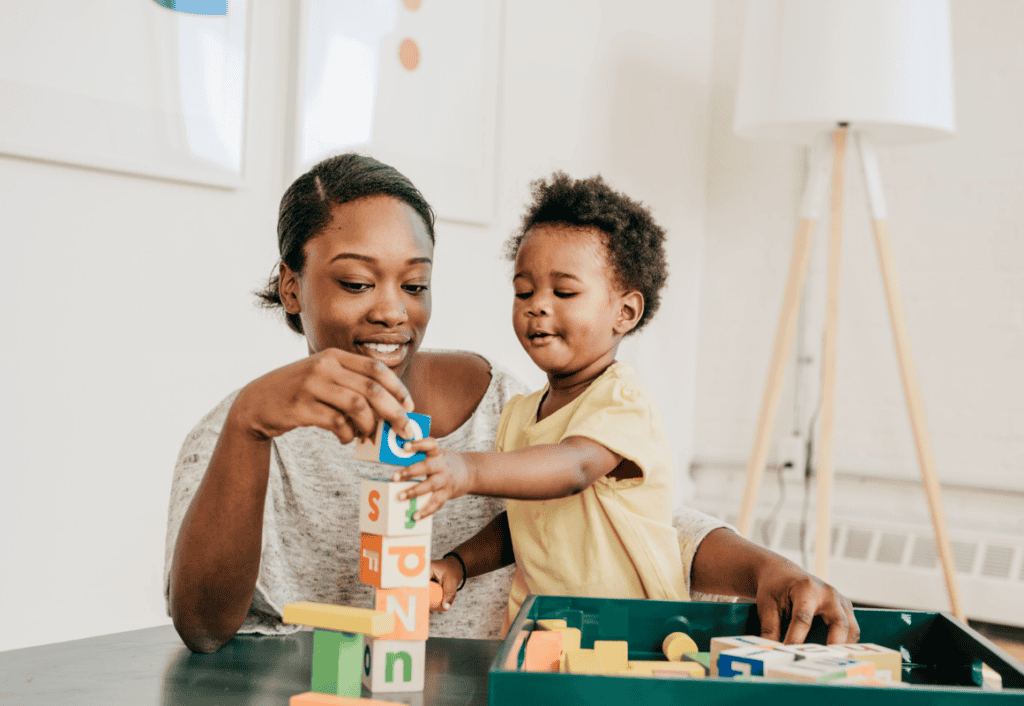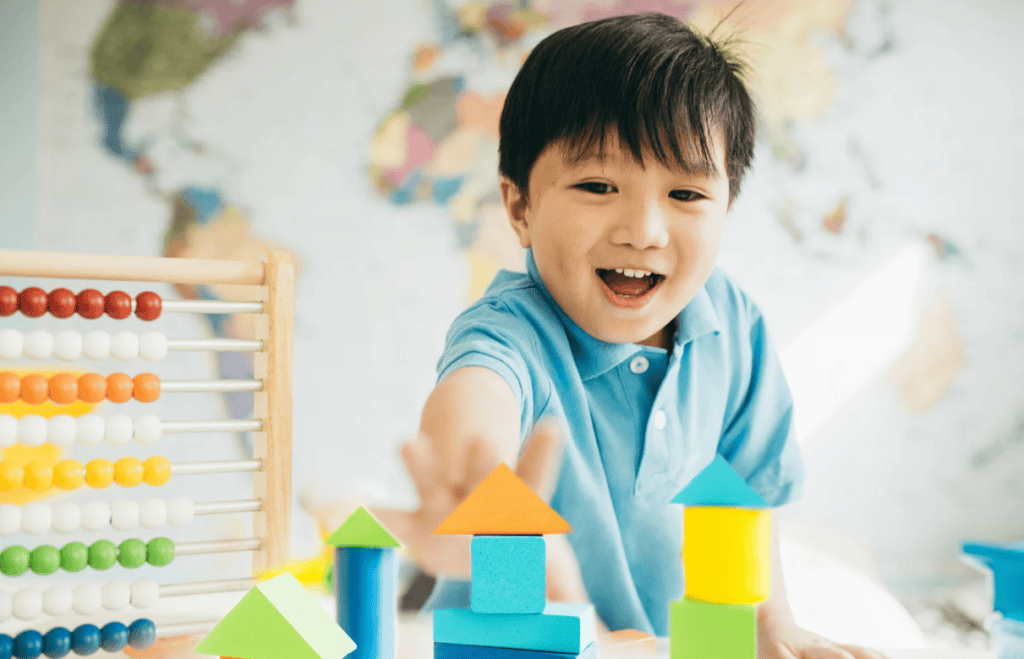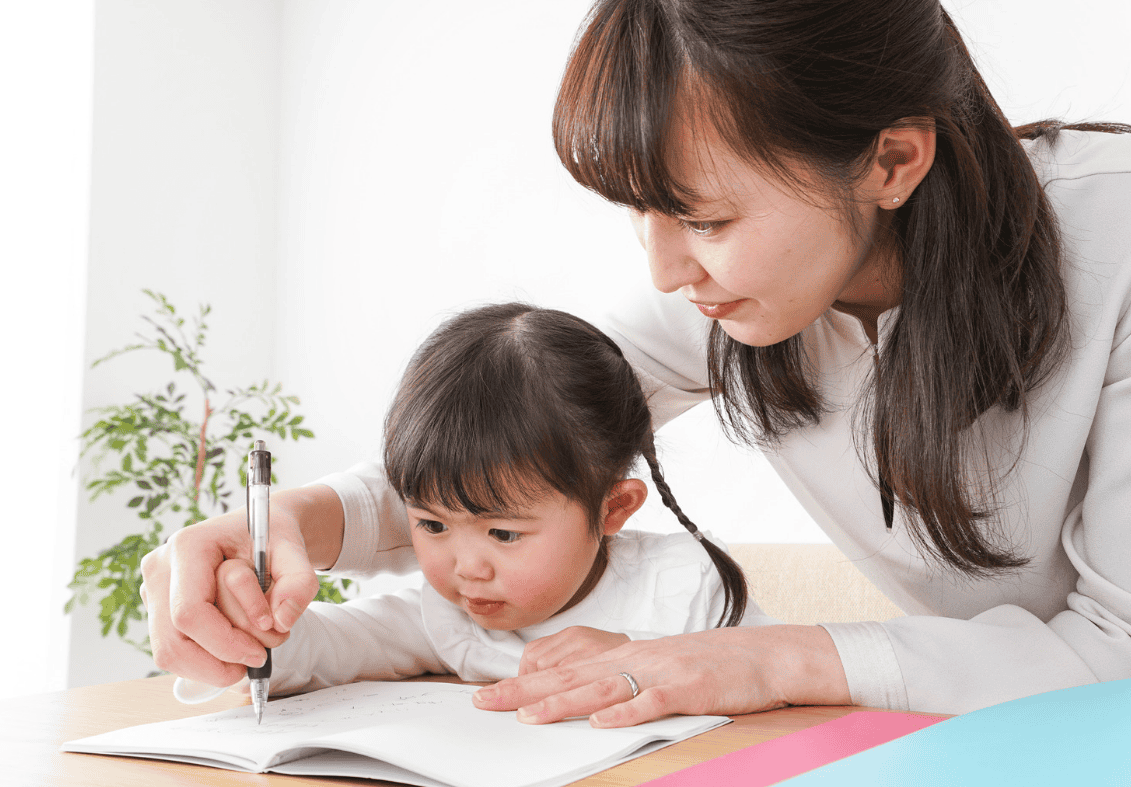Early childhood years are extremely important for kids’ development. This is the time to start forming helpful study skills and new speaking and thinking patterns, along with learning how to speak up their mind and share feelings and emotions. Overall, kindergartens and other early preschool educational programs help prepare children for school.
Here are eight ways which early childhood education helps students achieve their future academic success.
Speaking & vocabulary
First of all, early childhood education helps kids build stronger literacy skills, including teaching them to communicate thoughts and needs verbally. Of course, such methods of communication will also decrease children’s reliance on sounds and gestures, making them more inclined to expand their vocabulary. Hence, with early education, children start learning new words, how to use them in sentences, and how to apply them in special contexts.
Finally, an emphasis on speaking and languages also encourages young children to read more, listen to stories, and pay greater attention to other people’s choices of words. The love of reading, in particular, will play a big role in children’s further academic performance. A big part of academia lies in study materials, the ability to process large quantities of information by reading, and overall general knowledge that we pick up from books and articles before everything else.

Self-control
Self-control is not just about restrictions and knowing how to say no to yourself (which is often problematic with young children). Before everything else, it is the ability to control personal emotions and wants.
Hence, children learn to follow common social norms, behave themselves, process their emotions and express them in an appropriate way. Thus, with early education, children also learn how to communicate their needs and thoughts without being overly emotional.
Of course, here, it’s also important that children learn not to suppress but control their emotions. The former can lead to various mental health disorders and increased stress levels further in life. The latter will help young students to master their emotional intelligence, which helps with academic performance.
Discipline
A big part of any educational system is discipline. Children need to learn how to complete their homework on time, behave in a classroom environment, acknowledge authority, and more. Only disciplined students can really succeed in school. One needs to master time management, organizational skills, determination, and many other aspects of self-discipline to work hard and smart in school.
Of course, early education doesn’t provide children with all those skills. Yet, it’s an efficient early practice of learning about responsibility, rules, and the learning environment. Of course, in modern society, students can also follow links like resume now reviews and find any resume they need just a few hours before a deadline. So, at least, they will always have a plan B.
Creativity
Early education aims at developing creativity in children. Many learning programs are based on creative tasks, where children need to use their imagination and talents. Some programs even get messy, which is especially loved by children. Exposure to various crafts and different types of arts helps children develop their creative side, find what they love doing, and learn to express themselves through art.
In addition, various arts, like music, dancing, or sculpting, help develop young brains and improve balance, fine motor skills, and coordination. Such skills, along with a little help from resumenow.com , will help students complete perfect resume every time.
Thinking
Learning how to think well is more of a skill than a born talent. Children have many questions about the world. They ask many questions and collect all the answers. However, learning how to apply that new knowledge in practice, analyze it, and process it takes more skills. Education can help children develop new types of thinking.
Eventually, they will also master logical, critical thinking, problem-solving, etc. These new forms of thinking will eventually help them understand school’s basics, from counting to complex concepts and theories. Sure enough, mastering thinking will help students achieve further academic success and perform better in school.
Early Childhood Education & Socialization
Schools are not there just for education, unlike popular belief. Of course, schools also help young children to learn and polish basic social skills. It means that children learn to communicate with peers and teachers, including learning how to listen, express one’s thoughts, share feelings, and patiently wait each turn to speak up once others have shared.
Overall, early socialization helps children fit into the classroom environment better, develop better communication skills, and cope with their feelings more maturely. Finally, being in educational programs from an early age helps children feel better and more confident in a social environment.
Increasing attention span
It’s easy to notice how poorly young kids can focus on difficult tasks and time-consuming projects. In fact, once distracted, they are already incapable of getting back to the previous task. In such a case, their attention is all over the place, they no longer care, and the moment has far gone.
Sure, such a short attention span is rather common for most children. They are not used to staying serious and focused for long periods of time. It’s in their nature to be active, careless, and free. However, let’s keep in mind that young children are also very curious. That’s where the educational system can ‘get’ them.
Helping kids to prolong their attention on subjects of their interests will help adjust their attention span and make them calmer and more focused during the learning process. Of course, such lessons will be vital for the rest of their education and life, as knowing when and how to slow down and listen is a valuable skill in today’s world.

Love for learning
Finally, early education programs can show young kids that learning can be fun, exciting, interesting, and rewarding. Love for knowledge is something we are all born with. Yet, not all parents know how to nurture this quality. For instance, forcing children to learn instead of showing them fun ways to do so will kill any joy from studying anything in their life.
So, early childhood education can help kids view learning as something positive and encouraging rather than a punishment.


